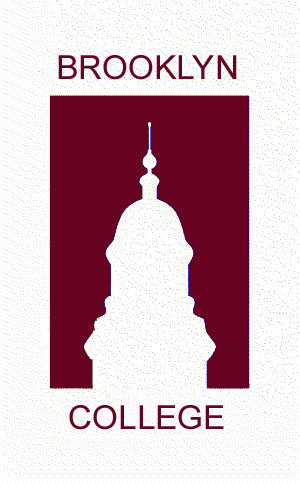
In full disclosure, I haven’t been able to read the book so I am forced to trust Jonathan Helfand of Brooklyn College’s Department of Judaic Studies, who said in an interview with the Jewish Week, “The final chapter takes up the Palestinian cause and blames their problems on the Americans and the Israeli-Palestinian conflict.” I am hoping to order a copy of the book (once students forced to read it and sell it back so I can get it cheap) and decide for myself.
Even if the reports are true and the book is virulently anti-Israel, I have to disagree with Bruce Kesler’s choice to punish the college for selecting it as required reading. What’s next, punishing a school for assigning “Das Kapital” in a history course? I have been assigned books and readings I have disagreed with and so far it’s been only to my benefit. Knowing why people may disagree with me forces me to sharpen my beliefs and be prepared to defend them with fresh rigor.
I want to be sympathetic to the argument that students are being indoctrinated to hate Israel, but does the pro-Israel community really want to start a boycott? We’re the people of the book. We read and write controversial literature; we don’t ban it. This position speaks of fear, and as a StandWithUs Emerson Fellow, I believe Israel can stand up factually to its critics without resorting to censorship. What does Bruce Kesler think Israel has to hide?
I also don’t want this to turn into a censorship fest. If this precident holds, I am afraid that professors will be afraid to put out any information about the Middle East for fear of economic repercussions. It is hateful and wrong to deny students an education based on what donors think they should be learning. I would hate for Saudi Arabia to protest pro-Israel professors and threaten to withdraw funding if any books are assigned. We all saw what happened in the Michael Oren debacle last year, and it’s only getting worse. Just watch the news to see educated people incapable of having a conversation,instead shouting over each other’s voices, trying to sound right instead of listening.
I cannot support the choice to disinherit the college based on a single reading assignment, even if it’s a required one. Had I the power, I would have humbly suggested that Mr. Kesler ask the students to read a second book, such as Leon Uris’s “Exodus” or “New Essays on Zionism,” edited by David Harzony. I know forcing college students to read more could be considered cruel, but to paraphrase my wonderful legal writing professor, it would be a great task for the students to compare and contrast the information.
Dare I suggest we all learn to listen to each other with respect? We might actually learn something.
